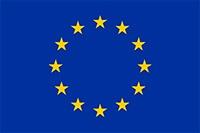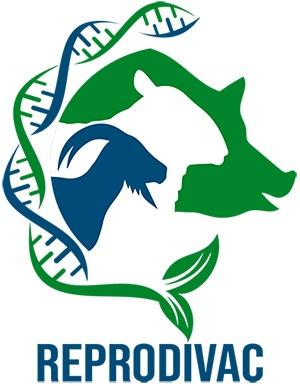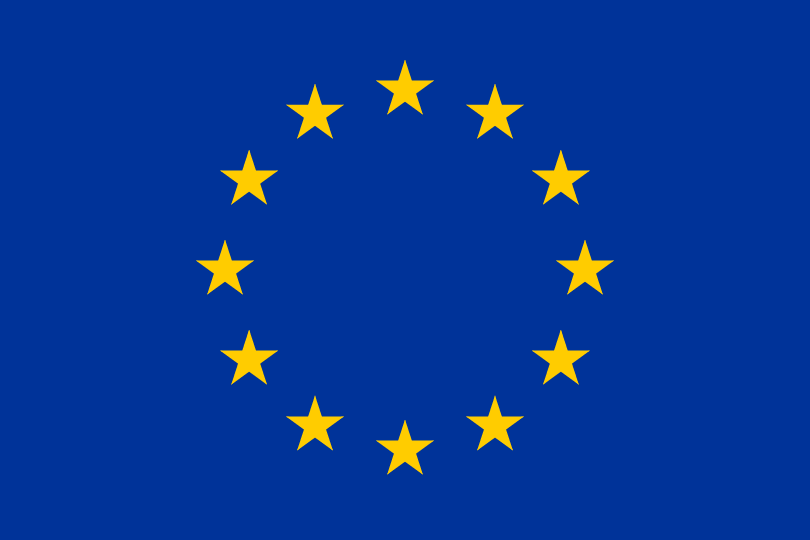REPRODIVAC - Next-generation vaccines and diagnostics to prevent livestock reproductive diseases of worldwide impact
Stakeholders
Assosuini has been the association of Italian pig breeders for 20 years now. It protects and enhances pig farming, to represent its interests and assert its opinion, in institutional but not only.
- Meeting point between pig farming and institutions of every order and degree. Assosuini speaks with farmers and for farmers to build active and interactive supply chain relationships.
- Promotion of entrepreneurial and professional image of livestock farmers, bringing awareness of the specificities and problems of the sector through the collection and dissemination of useful information.
- To ensure the traceability of meat destined to produce Italian charcuterie, which must be produced from pigs born, bred and slaughtered in Italy, in compliance with production regulations and bio-safety standards.
- Creation of new channels of communication to stimulate forms of collaboration between farmers and the various consumer associations. Promotions agricultural research and experimentation programmes through relations with public and private institutes.
DISCONTOOLS identifies the gaps in knowledge to speed up the development of new DISease CONtrol TOOLS (diagnostics, vaccines and pharmaceuticals) and reduce the burden of animal diseases. This delivers benefits in terms of animal health and welfare, public health and a safe and secure food supply.
We provide information for 53 infectious diseases of animals and aim to keep the information updated (average of 5-year cycle). DISCONTOOLS is a key resource for the STAR-IDAZ International Research Consortium, as well as for other funders of animal health research including trusts and industry bodies.
Our mission is to be a critical resource for funders of animal health research including the European Commission, member states, foundations, trusts along with private industry to prioritise research.
We deliver on our mission by:
- Providing an open-access database with research gaps to improve infectious disease control in animals
- Supporting the development of strategic research agendas by public and industry bodies
- Communicating on the identified research gaps to animal health research decision makers, researchers, industry and students
Overall, this improves animal health and welfare and provides benefits in terms of public health and a safe and secure food supply.
DISCONTOOLS is funded by national funders of research from a range of countries with industry providing secretariat support.
EFSA’s vision is “to optimise the health and well-being of domestic and wild animals”.
The main tasks and activities of EFSA’s Panel on Animal Health and Welfare and its supporting unit are:
- Collaborating with experts and Member States to lead risk assessment in the fields of animal health and animal welfare through a transparent and science-based approach.
- Recommending better standards to ensure the welfare of animals.
- Promoting standardised data collection related to animal health and animal welfare.
- Developing and assessing tools for the effective prevention and control of animal diseases.
- Networking with European and international partners on monitoring and surveillance of animal diseases.
- Reporting on surveillance activities carried out within the EU.
https://www.efsa.europa.eu/en/topics/topic/animal-health
The thought behind forming this new Society arose from the successful European Concerted Research Action (COST 855) on Animal Chlamydioses and Zoonotic Implications that was funded by COST from 2003-2008, and the desire to keep together and build on the active and productive scientific community that arose from this Action in the form of biennial European meetings on animal and zoonotic aspects of chlamydial research (European Meetings on Animal Chlamydioses or EMAC).
The constitution of the Society was drafted by the group of scientists that were originally involved in the initiation, establishment and running of COST 855 and actively involved in subsequent EMAC meetings, and was presented to conference at the fourth EMAC meeting on 14 September 2017 that took place in Zagreb, Croatia and subsequently approved by the said scientists and ratified at the fifth EMAC meeting in Odessa, Ukraine on 4 October 2018. Council Office Bearers were elected by conference at this meeting.
The International Veterinary Vaccinology Network (IVVN) is a global community of scientists and industry partners focusing on developing vaccines against important animal diseases.
The IVVN seeks to kindle and foster essential collaborations. With their unique remit, they aim to help researchers, industrial partners and others work together towards developing vaccines specifically for high-consequence livestock (including poultry and aquaculture) diseases in LMICs. They do this through four areas of focus:
- Facilitating opportunities for networking to help establish new collaborations and exchange information.
- Supporting scientific collaboration by funding pump-priming projects and laboratory exchanges involving international partners.
- Training early career scientists to support the development of future international expertise.
- Promoting gender equality in veterinary vaccinology to help bridge the opportunity gap for women scientists and create a more diverse and inclusive research environment.
Building on STAR-IDAZ, an International Research Consortium (IRC) of research funders and programme owners, aiming to maximise funding for coordinated animal health research.
The overall objective of the STAR-IDAZ IRC is to coordinate research at the international level to contribute to new and improved animal health strategies for at least 30 priority diseases/infections/issues.
The deliverables include:
- candidate vaccines, and/or
- diagnostics, and/or
- therapeutics and other animal health products, and/or
- procedures and/or
- key scientific information/tools to support risk analysis and disease control
REPRODIVAC has received funding from the European Union’s Horizon Europe research and innovation programme under Grant Agreement No. 101060813. Views and opinions expressed are however those of the author(s) only and do not necessarily reflect those of the European Union or other granting authorities. Neither the European Union nor the other granting authorities can be held responsible for them.

REPRODIVAC has received funding from the European Union’s Horizon Europe research and innovation programme under Grant Agreement No. 101060813. Views and opinions expressed are however those of the author(s) only and do not necessarily reflect those of the European Union or other granting authorities. Neither the European Union nor the other granting authorities can be held responsible for them.

